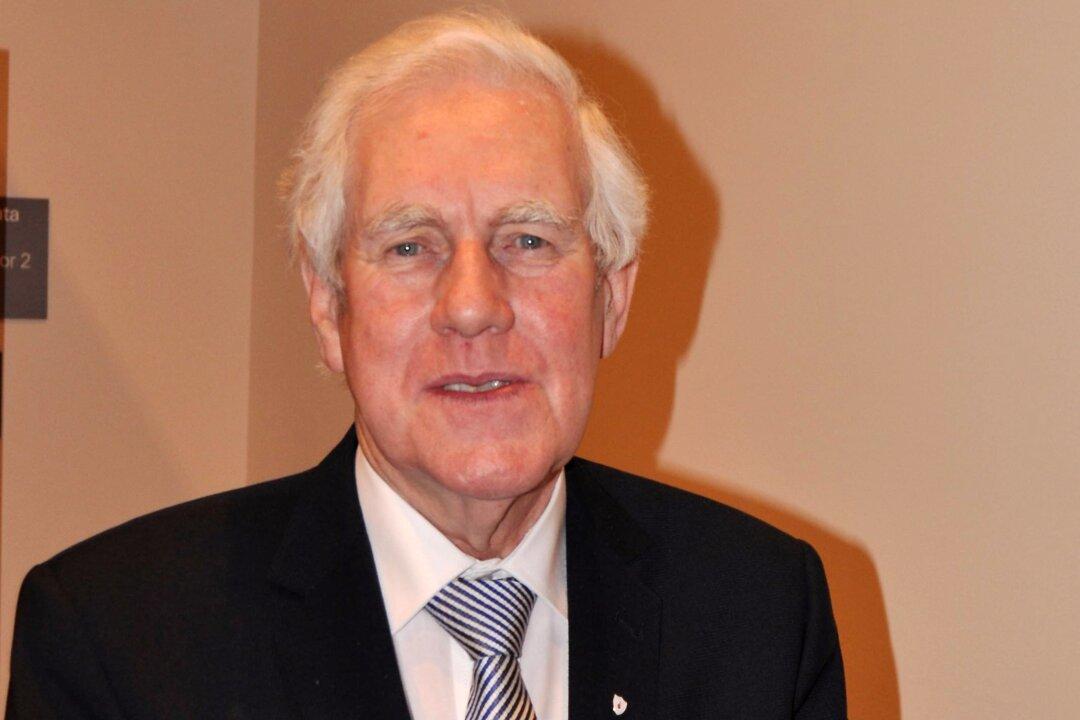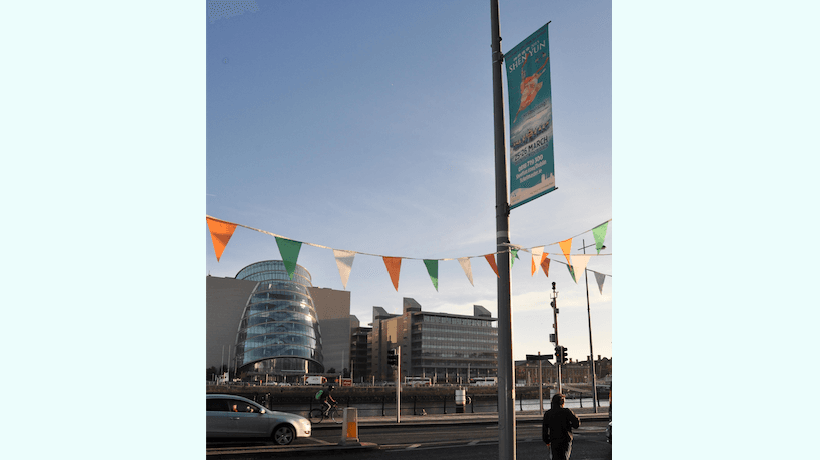Minister for Justice, Equality and Defence, Alan Shatter has welcomed Ireland’s ratification.
The instrument of ratification was lodged with the United Nations in New York. Minister Shatter said, “The government is committed to tackling corruption and all forms of white-collar crime. Ratification of the UN Convention sends a clear signal to the international community of our determination to prevent and punish corruption. Earlier this year, I brought forward the Criminal Justice Act 2011 to strengthen Garda powers for investigating white-collar crime, and next year I will publish a Bill to consolidate and reform the law on corruption.”
International Anti-Corruption day is marked every year on December 9th. With respect to the international date, United Nations Secretary-General Ban Ki-moon has stated that “Corruption is a threat to development, democracy and stability. It distorts markets, curbs economic growth and discourages foreign investment. It erodes public services and trust in officials. And it contributes to environmental damage and endangers public health by enabling the illegal dumping of hazardous waste and the production and distribution of counterfeit medicines.”
He believes that the United Nations Convention against Corruption has helped the public sector to make progress in deterring these crimes.
“I call on business leaders worldwide to denounce corruption and to back their words with strict prohibitions against it. They should adopt anti-corruption policies in line with the United Nations Convention and put in place the necessary checks to strengthen integrity and transparency. I also urge corporations to work more closely with the United Nations on this issue. In particular, they should consider joining the UN Global Compact, the world’s largest corporate sustainability initiative, which provides participants with tools to fight all forms of corruption, including extortion and bribery,” said Mr Ban Ki-moon in a statement on the UN website.
Transparency International Ireland (TII) welcomes Ireland’s ratification of the United Nations Convention Against Corruption. A statement from TII said that the ratification of the Convention sends out a clear signal of Ireland’s commitment to tackle corruption, at home and abroad, and they believe that it may help to repair Ireland’s damaged reputation that corruption has caused. TII say that the Convention enables co-operation between legal authorities and governments and helps them to work together to investigate and prosecute cross-border corruption.
TII CEO John Devitt said the Convention builds on existing international standards to which Ireland is a party and will help address issues that have been inadequately addressed – such as the protection of whistleblowers and the need for public information on corruption. Mr Devitt commented: “While TII welcomes the steps taken by the government to ratify the Convention, it has to demonstrate its willingness to live up to them.” TII will closely monitor the measures taken to implement the commitments in the Convention and is currently updating its 2009 National Integrity Study reviewing Ireland’s institutions and laws.
News of the ratification precedes the publication of the Transparency International’s Corruption Perception Index, which will be published on December 1st, 2011. The Index will highlight the current global perception of public sector corruption in 174 countries including Ireland.






